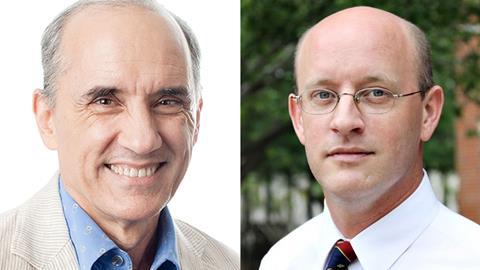60 years after his death people continue to read, use and quote CS Lewis’ apologetics works. In this replay of an Unbelievable show, originally broadcast in October 2010, Justin Brierley speaks to Lewis scholar Dr Michael Ward and former Christian-turned atheist Dan Barker. Here, they discuss Lewis’ arguments, focussing particularly on his Natural Law argument for God in ‘Mere Christianity’.
Other shows referenced in this programme:
+ Subscribe to The CS Lewis podcast: https://pod.link/1560959545
+ For more shows, free ebook and newsletter visit our new website
+ For online learning https://www.premierunbelievable.com/training
+ For our Premier Unbelievable? Live events
+ Support the podcast from the USA
+ Support the podcast from UK and rest of the world























